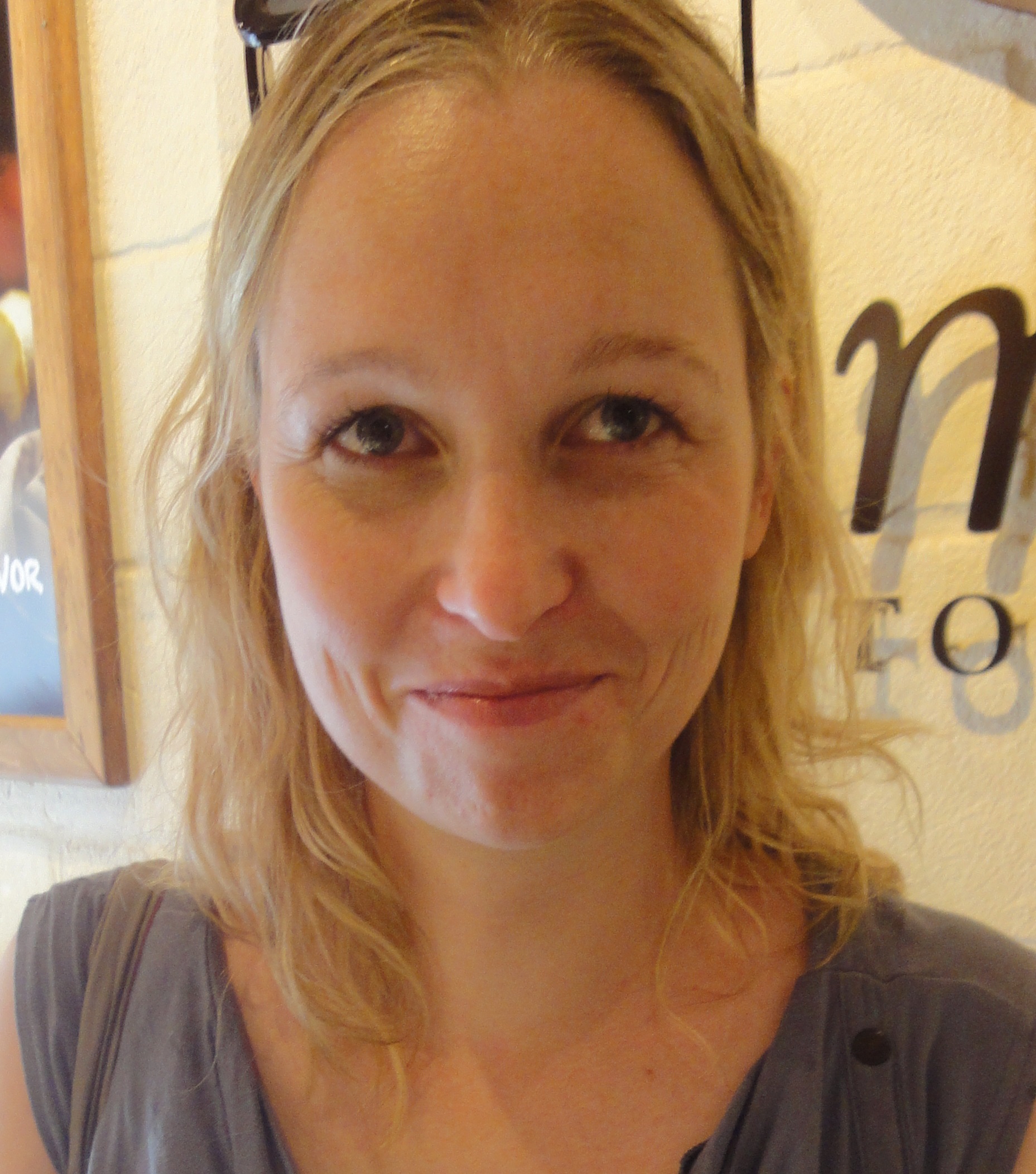Work Experience
ABOUT ME
When the orientation test I did in middle school at the age of 12 gave me only one result: translator/interpreter, I dismissed it straight away. I wanted to study math, physics and computer science, and the science and languages are kept very separate in the French school system. At the same time, gaming had already become one of my main hobbies. It all started with my parents and the Indiana Jones and the Last Crusade floppy discs in 1989, then I spent many rainy days playing point ‘n click classics such as Monkey Island, Day of the Tentacle and Loom, as well as a wide variety of other games: from Doom to Sim City, Lemmings to Puzzle Bobble. I loved these games so much that I still play them every couple of years. It turns out this vocational test was correct - which I still think is a bit of luck on their part because it didn’t work for any of my friends - and I did an MA in translation in London after studying math, then English and Chinese applied to business in France. My scientific mind, my knack for languages and my love of games is now supplemented by my formal academic training in translation, my in-house experience as a localization translator and the continuous professional development I do in the form of online courses to keep me on top of things in the localization and gaming industries.
I am a member of the SFT (Société française des traducteurs).
Sandrine Guyennet

My in-house experience is invaluable to the quality of my work as a localization translator. As a tester I learned to be extra careful about length restrictions, tags and placeholders. As a translator I learned how to find the context in the string IDs and a lot of terminology specific to each device. Both positions gave me a glimpse of the crazy deadlines in the gaming industry and skills for keeping them, but I also got to love the excitement associated with large, time-sensitive projects.
I completed my Master's Degree in Bilingual Translation at the University of Westminster, in London. My courses were divided into institutional translation, with topics such as finance, law and politics, and technical translation, focusing on areas like ecology, IT, architecture and medicine. I also learned subtitling, dictionary coding, and the use of CAT tools, with an emphasis on SDL Trados.
I am very focused on continuous professional development and take several university courses online each year, related to the video games industry or to translation and linguistics. I have been trained on SDL Trados and now have advanced level certification.
 English
English French
French